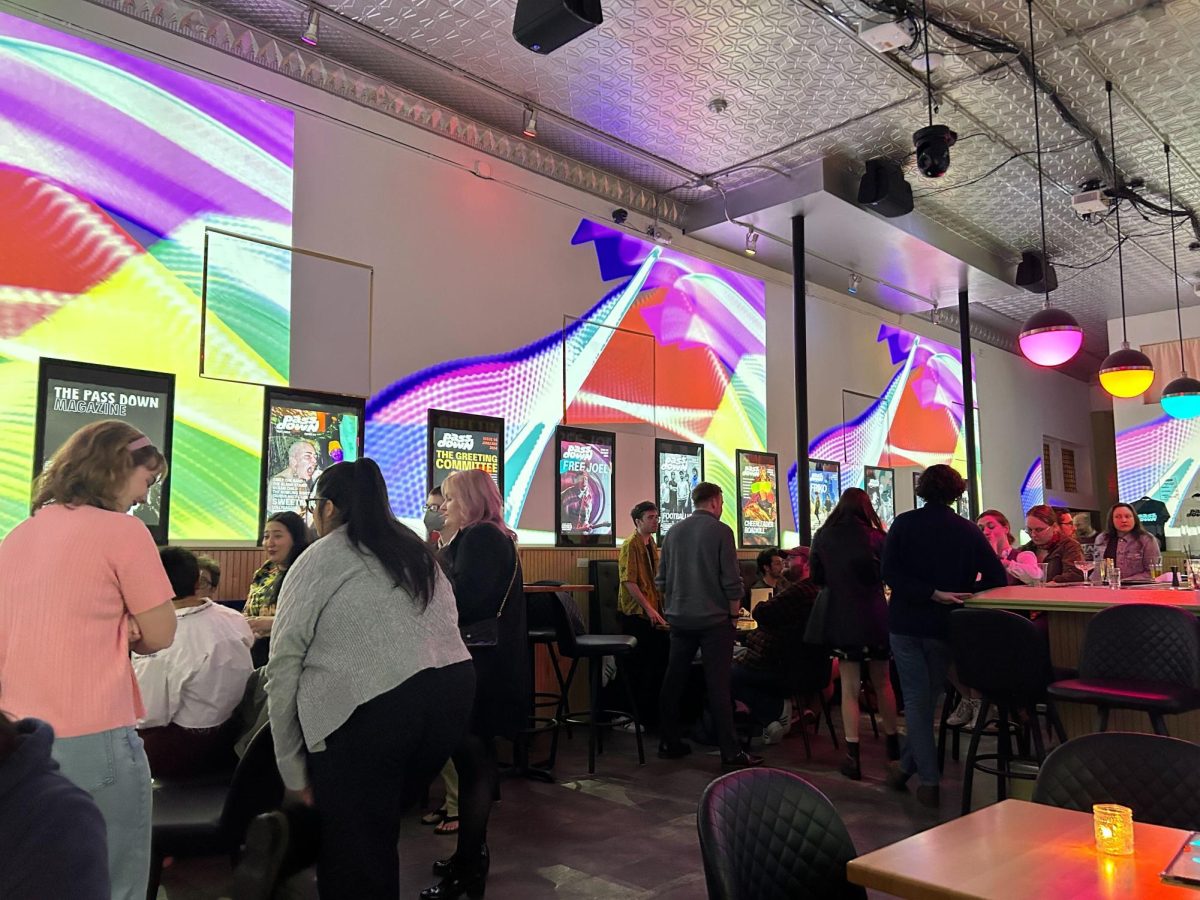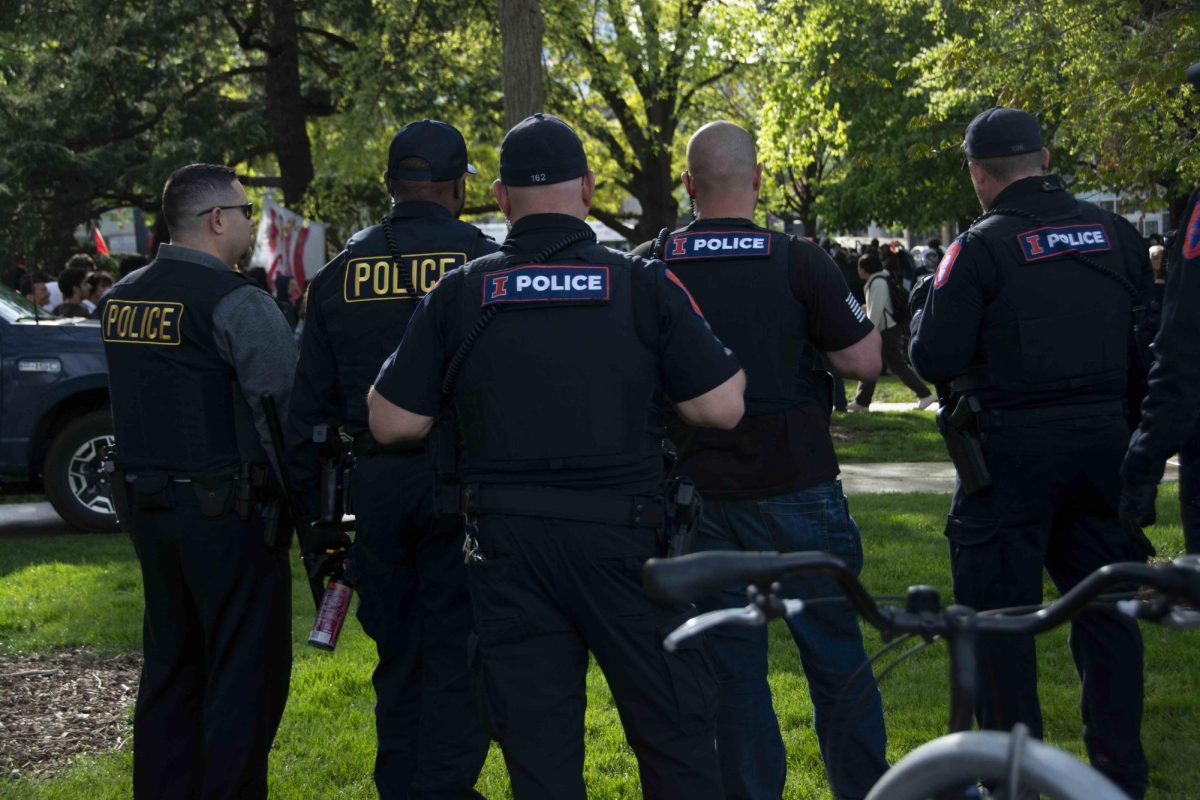This article has been corrected from a previous version.
Looking to broaden the University’s horizons while tightening its belt at home, the Senate Executive Committee met Monday to discuss pressing issues for the University.
“The University of Illinois at Urbana-Champaign is at a crucial moment,” said Joyce Tolliver, committee chair, in an opening statement. “As a university community, we must decide together how best to not just survive, but to flourish as a public land grant institution of higher education at a time when we simply cannot count on financial support from the public.”
Michael Andrechak, Associate Provost for Budgets and Resource Planning, presented a financial summary that outlined the funding issues facing the University.
“The largest cost we have is people, and we have more people than we can afford,” Andrechak said.
Get The Daily Illini in your inbox!
Figures such as the 420 support staff that voluntarily retired because of incentives offered by the University, and the estimated savings from the Stewarding Excellence @ Illinois program were cited to show the progress the University has made recently to consolidate costs.
During the meeting, the committee considered ongoing projects to increase the University’s accessibility around the world.
Discussions to create an international university in Korea may be able to get University resources to students in Northeast Asia, said Steven Sonka, Interim Vice Chancellor of Public Engagement. The proposed complex in Songdo, Korea, hopes to involve foreign universities to offer courses and degree programs, but discussion on the topic is still in its early stages.
A proposal to make faculty’s scholarly publications more readily available was presented. Through “Open Access” publishing, articles coming out of the University would be made available to the public via the Internet.
“In too much of the world, if it’s not open, it’s not available,” said Alexander Scheeline, head of the Library committee.
Based on a model from the University of Minnesota, authors would have the ability to opt out of the open access program. The proposal will be revisited by legal specialists, however, to ensure there is no copyright infringement if the proposal is adopted.
With the ongoing search for the University’s chancellor, discussion persisted on the approval of statement, which sought to define the role of the University’s chancellor.
Last week, the committee met with University President Michael Hogan, where the senate’s executives expressed concerns over the role of the future chancellor.
“The (Board of Trustees) has no idea of the extent of dissatisfaction on the campuses,” Tolliver said. “I believe that the board has not had the benefit of faculty input, and this is a way to get our input to the board.”
The statement, pending slight revisions via e-mail, will be presented to the senate at their Feb. 28 meeting.




